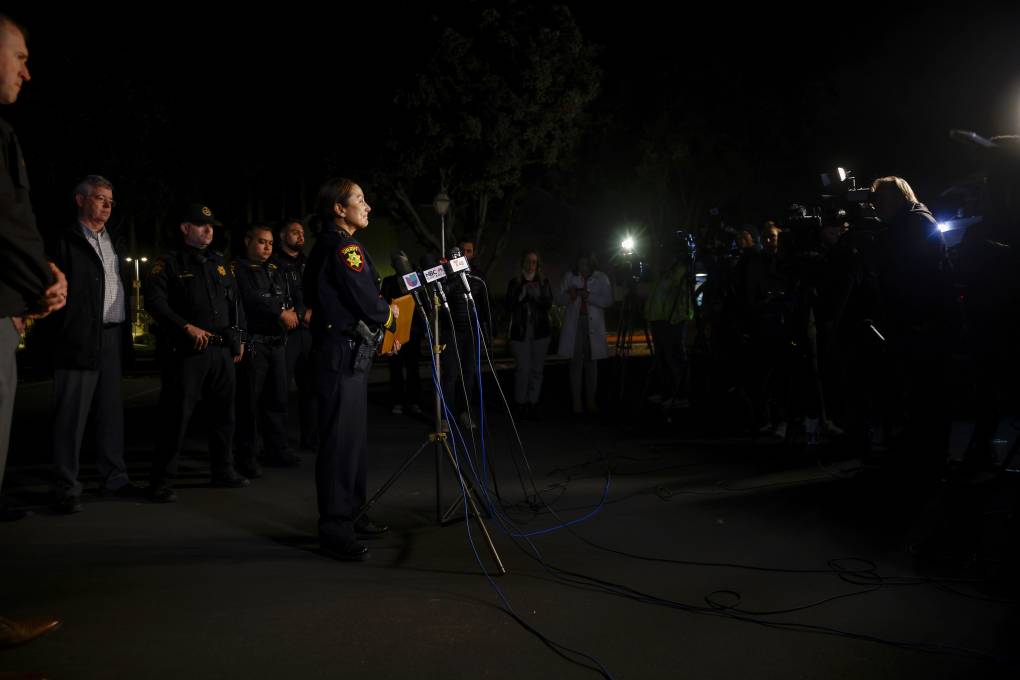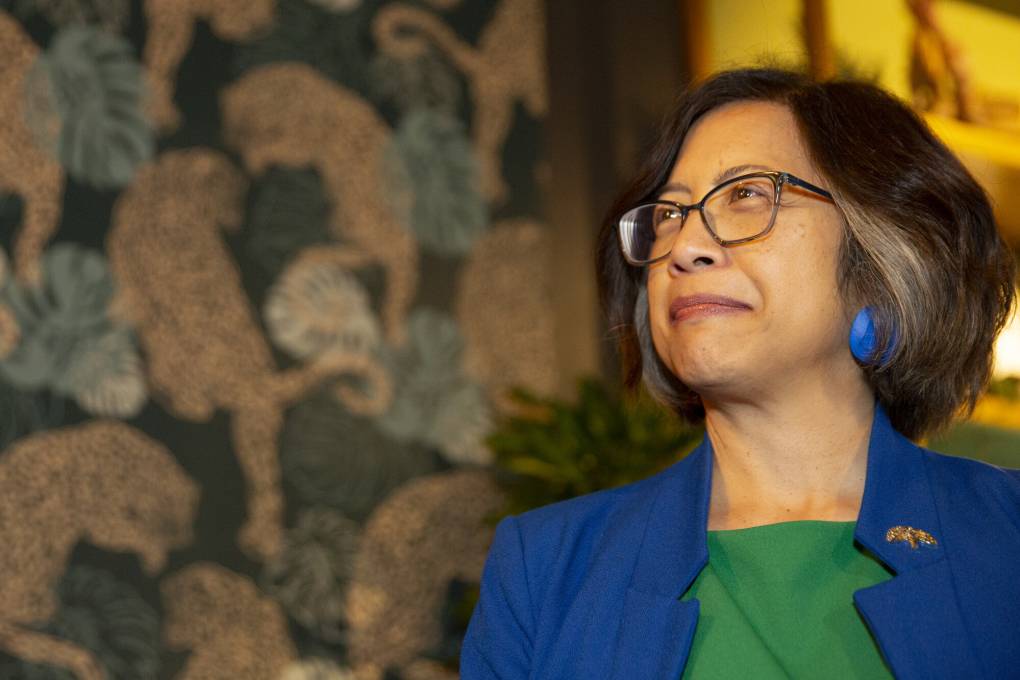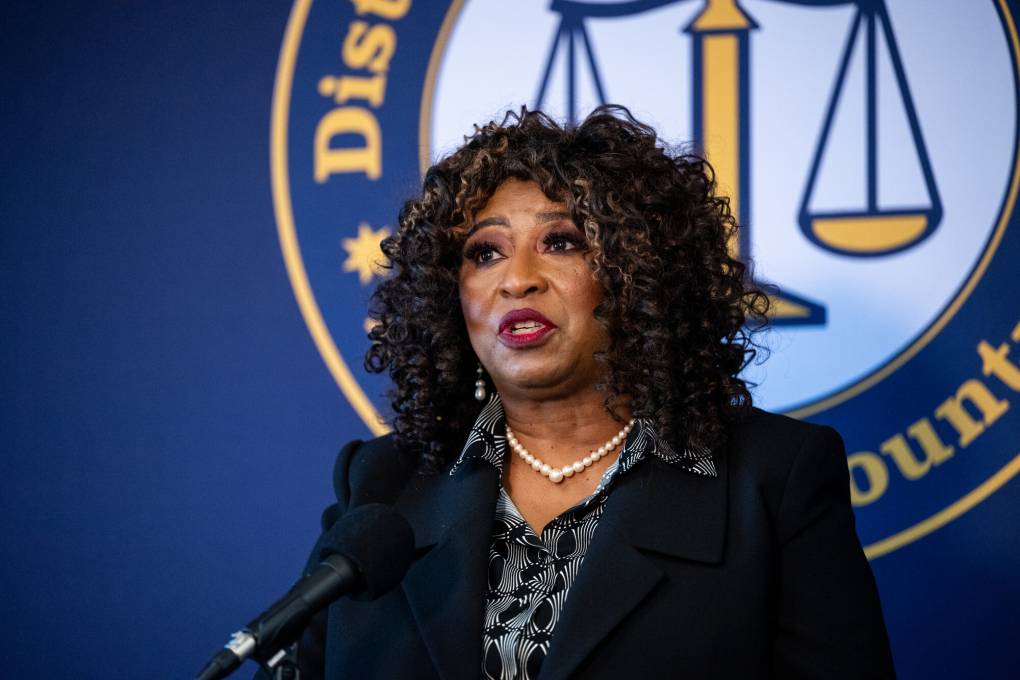Looking back, though, political insiders say the excitement was palpable among the broader political community when Schwarzenegger first arrived in Sacramento.
"It's kind of hard to imagine the enthusiasm that everyone felt having someone like Gov. Schwarzenegger, the Terminator, show up and claim he was going to fix the state, he was going to clean house and he was going to restructure government so it worked more like a business," recalled Sam Blakeslee, a Republican elected to the Assembly shortly after Schwarzenegger took office.
Blakeslee, who eventually became the Assembly Republican leader before being elected to the state Senate, says it wasn’t just Republicans who were optimistic.
"I remember talking to lobbyists and fellow Republicans, even Democrats, who were genuinely excited to see what he could get done," he said.
But governing is different from campaigning, and Schwarzenegger soon found himself faced with a massive budget deficit, in part because he repealed that car tax.
In his first year, Schwarzenegger had political wind at his back, and managed to convince voters to borrow $15 billion to close the spending gap. But one year later, his effort to go around the state Legislature with another series of ballot measures was crushed by organized labor, which unleashed a ferocious opposition campaign. Voters resoundingly rejected Schwarzenegger's package that, among other things, would have curbed state spending and weakened public employee unions.
After losing that ballot fight, Schwarzenegger brought more powerful, experienced Democrats into his administration — including a new chief of staff.
"Well, that was the point when a lot of Republicans broke with Schwarzenegger," said Blakeslee, who noted that the former governor didn't just have Democratic advisers — he actually listened to them.
"Arnold embraced their perspective," he said. "And a lot of Republicans were aghast and deeply confused because they literally thought they had voted for and had one type of governor at the top of the ticket and woke up the next day and found out he was someone altogether different."
Budget fights with both parties in the state Legislature would color Schwarzenegger’s entire tenure —but another former Republican Assembly leader during that time, Connie Conway, said she saw his willingness to listen to all sides as one of his major strengths.
Conway credits Schwarzenegger for raising up the voices of minority Republicans during budget negotiations.
"I always appreciated the fact that I feel that Gov. Schwarzenegger was inclusive. Everybody's opinion did matter ... It's part of his DNA," she said.
But things got a lot more complicated between the governor and the GOP near the end of his first term. Months before he won reelection, Schwarzenegger signed Assembly Bill 32, California's landmark climate change bill, which was passed largely on party lines and set the stage for the state's cap and trade program. It remains deeply controversial among Republicans.



